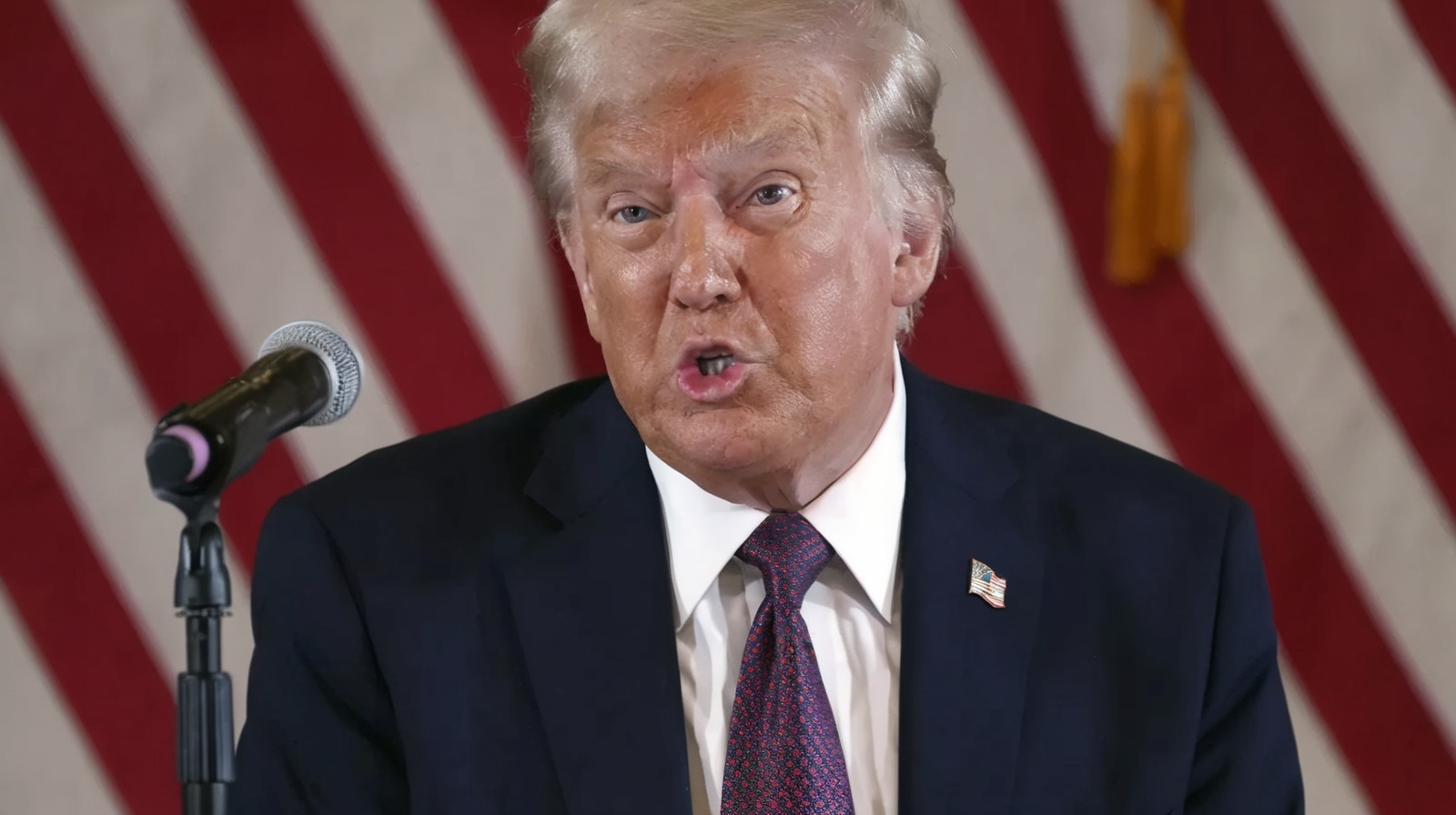Fortnite CEO Tim Sweeney Slams Big Tech for Currying Favor with Donald Trump
Tim Sweeney, the founder and CEO of Epic Games, the company behind the popular game Fortnite, has criticized major tech companies for their sudden shift in political allegiance to gain favor with the incoming Trump administration.
Accusations of Political Opportunism
Sweeney accused tech executives of changing their political stances for personal gain. On the social media platform X, he wrote, “After years of pretending to be Democrats, Big Tech leaders are now pretending to be Republicans, hoping to curry favor with the new administration.” He warned that these companies are orchestrating campaigns to discredit competition laws while exploiting consumers and stifling rivals.
Financial Contributions and Public Support
Tech giants such as Google, Apple, Amazon, and Meta have made significant donations to Trump’s inauguration fund. Google and Apple each donated $1 million, with Apple CEO Tim Cook making a personal contribution. Meta CEO Mark Zuckerberg, who previously banned Trump from Facebook, also donated $1 million and relaxed Facebook’s content moderation policies, a move seen as an attempt to appease the Trump administration. NVIDIA CEO Jensen Huang publicly congratulated Trump on his electoral victory and expressed his company’s eagerness to support the new administration.
Antitrust Concerns
Sweeney’s criticism aligns with his ongoing battle against Apple and Google over their app store policies. Epic Games has been in a legal struggle with both companies since Fortnite was removed from the Apple App Store and Google Play for introducing direct payment options to bypass platform fees. Sweeney believes these policies give too much control to Apple and Google over the mobile market.
Regulatory Scrutiny
The U.S. Federal Trade Commission (FTC) Chair Lina Khan has expressed concerns that these companies may receive lenient settlements in future litigation under the Trump administration. Khan hopes that strict antitrust enforcement will not disappear entirely, despite the new administration’s expected softer stance on antitrust cases.
Trump’s Remarks
Trump himself acknowledged the changing relationship between his administration and the tech industry, saying, “In the first term, everyone was fighting me. In this term, everybody wants to be my friend.” Critics like Sweeney view this shift as a troubling sign that Big Tech may prioritize political expediency over fair market competition.
The sudden alignment of big tech companies with the Trump administration raises significant concerns about the integrity of the market and consumer protection. Sweeney’s accusations highlight a broader issue where corporate interests may override ethical and competitive principles.
Impact on Consumers and Competitors
The potential easing of antitrust regulations under the Trump administration could have far-reaching consequences for consumers and smaller competitors. If big tech companies are allowed to continue their monopolistic practices without stringent oversight, it could lead to higher prices, reduced innovation, and a less competitive market.
Political Influence and Corporate Strategy
The donations and public gestures of support from tech firms to the Trump administration underscore the complex interplay between politics and corporate strategy. Companies like Apple, Google, and Meta are not only seeking to influence policy but also to protect their business models from regulatory scrutiny. This strategy, however, comes at the cost of their credibility and the trust of their consumers.
Global Implications
The global implications of this shift are also noteworthy. As companies like Epic Games navigate international markets, they must comply with various regulations. Sweeney’s own experience with Tencent in China, where Epic Games had to adapt Fortnite to comply with local regulations, highlights the challenges of operating in a globally interconnected market. The alignment of big tech with the Trump administration could set a precedent for how companies navigate political landscapes worldwide.
In conclusion, Sweeney’s critique of big tech’s political maneuvering serves as a warning about the dangers of unchecked corporate power and the importance of robust antitrust enforcement. As the tech industry continues to evolve, maintaining a balance between innovation and fair competition will be crucial for the health of the market and the protection of consumer interests.






